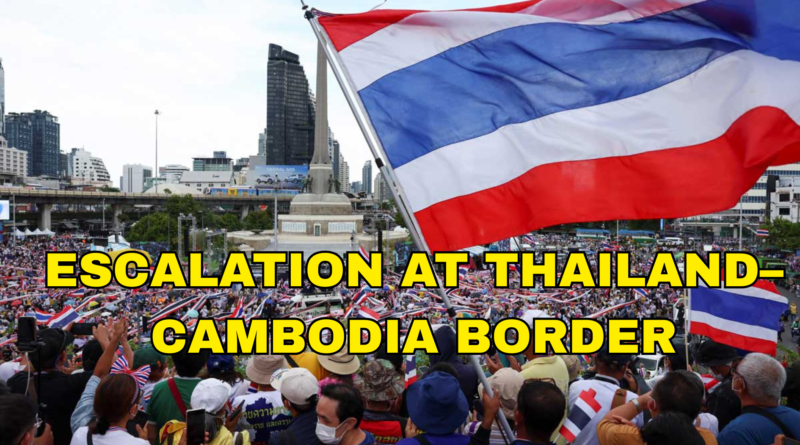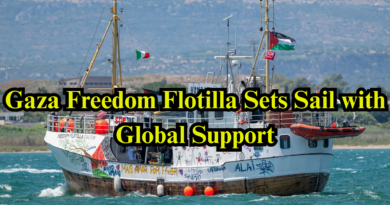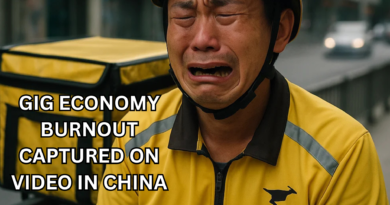ESCALATION AT THAILAND-CAMBODIA BORDER SPARKS GLOBAL CONCERN
Tensions between Thailand and Cambodia have erupted into deadly violence near the historically disputed Ta Muen Thom region, situated along their shared border. What began as sporadic gunfire has now intensified into sustained military confrontations, with both sides deploying heavy artillery. The skirmishes, rooted in longstanding territorial disagreements, have resulted in the tragic deaths of at least 16 people so far, including both soldiers and civilians.
The growing conflict has prompted the evacuation of more than 140,000 residents from border villages. People on both sides are fleeing with whatever belongings they can carry, seeking shelter in temporary camps set up by humanitarian organizations and government forces. The displaced families face severe shortages of food, clean water, and medical care, raising the risk of a full-blown humanitarian crisis.
The Ta Muen Thom area, home to ancient temples claimed by both nations, has been a flashpoint for nationalist sentiments and political tensions for decades. While both Thai and Cambodian authorities have previously agreed to peaceful negotiations, recent military buildups and political shifts in each country have reignited the dispute with deadly consequences. Local leaders warn that unless diplomacy takes hold, the situation could deteriorate further.
Thailand has issued an official warning stating that the conflict could spiral into a regional war if immediate international mediation is not pursued. Bangkok has moved additional troops toward the border and declared a security emergency in adjacent provinces. Cambodian Prime Minister Hun Sen has responded with similar mobilizations, calling the Thai aggression a violation of sovereignty and demanding an international investigation.
The international community has responded with urgency. The United Nations Security Council has convened an emergency session to discuss the escalating violence. Several world leaders, including those from ASEAN nations, the United States, and the European Union, have called for an immediate ceasefire and the deployment of neutral peacekeeping observers to de-escalate tensions. UN Secretary-General António Guterres expressed deep concern, urging both countries to respect human rights and prioritize dialogue over destruction.
Meanwhile, humanitarian agencies are rushing to provide aid to the thousands affected by the violence. The Red Cross and UNICEF have begun coordinating efforts to deliver essential supplies to the camps housing displaced families. However, poor infrastructure and ongoing shelling in some areas are making relief efforts difficult. There are also growing fears that disease outbreaks could spread rapidly in overcrowded shelters.
Citizens from both nations have taken to social media and public rallies, urging their governments to return to the negotiating table. Grassroots peace movements are gaining traction, with civil society organizations on both sides calling for an end to the bloodshed. Many are also demanding more transparency from their governments about the reasons behind the renewed military aggression.
As the world watches closely, the next few days will be critical in determining whether diplomacy can triumph over conflict. The eyes of the international community remain fixed on the outcome of the UN Security Council meeting, as leaders race against time to prevent further bloodshed and restore stability to the Thailand–Cambodia border.




